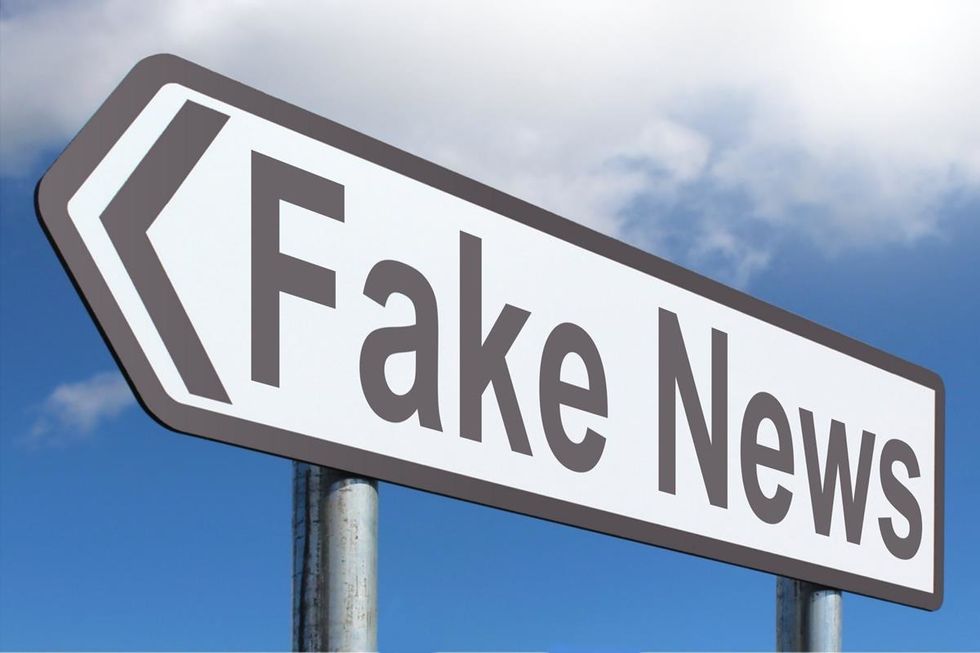Since the U.S. Presidential election of 2016, the term "fake news" has become more and more prevalent. For many of us, I'm sure, it was and is just a term used often by the President to criticize the media that shapes his image in a way that is not to his particular liking. The true definition, however, is so much more than that and is much more complicated than you may believe. This is something that needs to be communicated to everyone, regardless of any political beliefs. I am here to give you a crash course on our next war: that of "fake news" and how fast it is ruining global communication.
With the Internet came a lot of good, but as with every medium, there is a lot of complication and negative impacts that equally weigh out. "Fake news" is not just President Trump yelling about CNN. It is everywhere and about everything. There may be articles about your home town or articles about "global events" that are completely fabricated. It's getting harder and harder to differentiate what is real and what isn't. For relevancy purposes, I will use Assemblywoman Melissa Melendez as an example. Melissa tweeted about an assault that supposedly happened on a homeless veteran by anti-Trump protestors, linked to the event posted by Christian Times Newspaper. The event ended up being completely fabricated, but the thousands of retweets and shares her tweet got had convinced a great number of people that the event had, in fact, happened.
What is even more fascinating to me is that "fake news" isn't just a problem occurring now. It has been an issue for centuries. Take Samuel Adams, one of our Founding Fathers, for example. He would write and distribute pamphlets on exaggerated, and sometimes fabricated accounts, of British hostilities towards the colonists. The difference? The Internet spreads news like a wildfire in the greenest of forests: quick and causing mass destruction with every flame, or in this case, share, retweet, or like.
So what can we do to fight these so-called "Information Wars"? The best thing we can do is be more skeptical when it comes to everything we see being written and posted. Dig into the article, find the sources, look at the facts, and share what you find. You may find yourself reading pure fiction dressed as absolute truth.
















